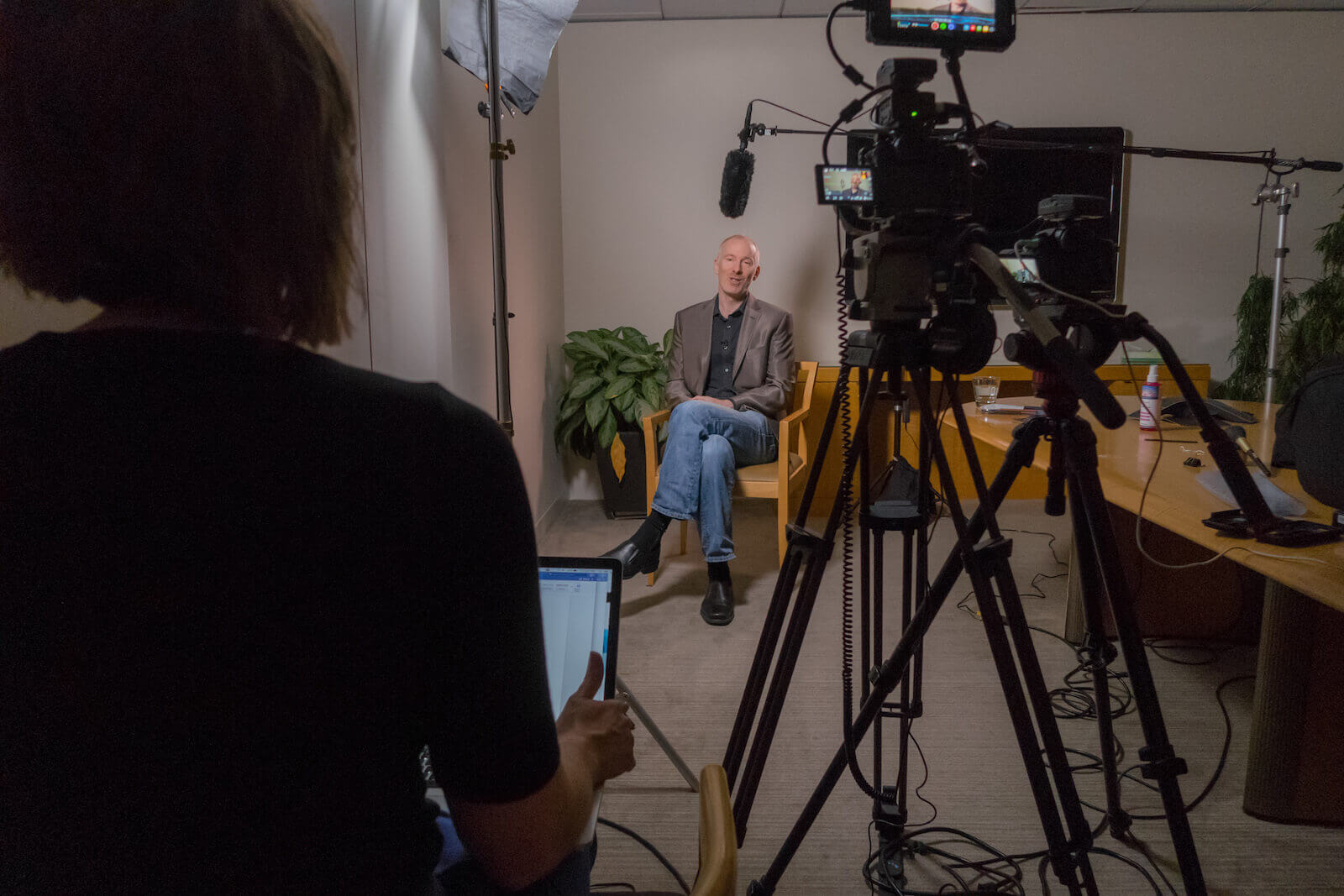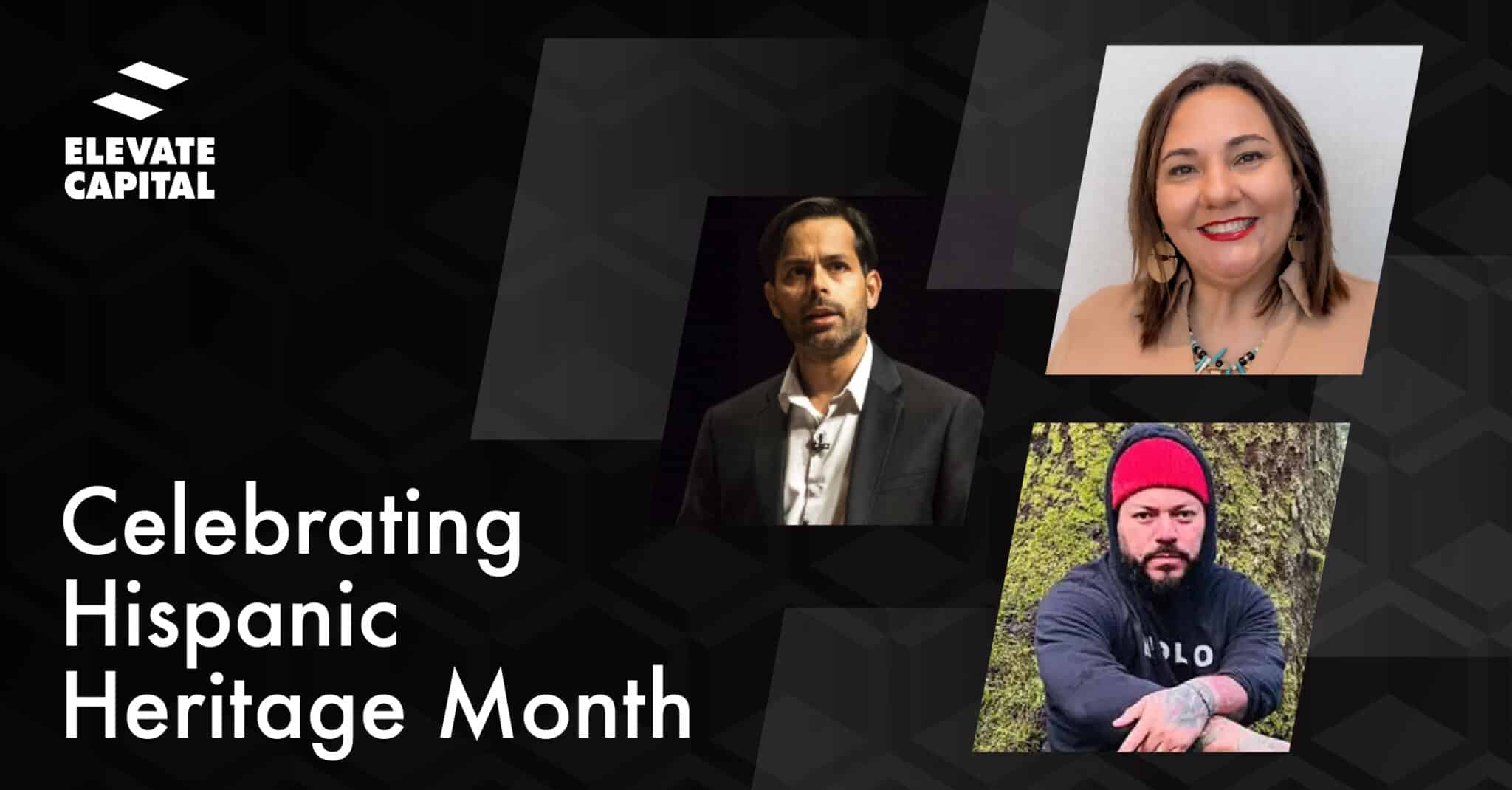What compelled you to start Bumped?
Being an entrepreneur is a bit of a journey. This is my third go-around at starting something new. With each successive journey, I’ve taken a lot away from the one prior. With Bumped in particular, I’m excited to do something again with all those lessons learned and do something at the scale that this opportunity represents.
How did your childhood dream turn into this one?
I don’t actually remember wanting to be a fireman or police officer or entrepreneur or scientist. I was just a kid. As I went to high school, I felt very driven and I wanted to do something substantial.
Then when I was in college, I knew I wanted to be an entrepreneur. Especially as I started taking engineering courses, I recognized there is the opportunity to build something out of nothing. That’s what inspired me.
Tell us about Bumped.
At Bumped, we aim to make everyone shareholders based on their everyday spend. Said another way…we’re making the shopper a shareholder.
The way that works is you are able to link any debit cards or credit cards in your wallet. You choose which brands you’re loyal to, then you live your life and spend. As you spend with those brands that you love and are loyal to, you start earning shares of stock in those companies.
During the early stages of Bumped, what was the impossible challenge?
Really the only thing I can think back to is just whether Bumped was something I could do. Whenever you’re dealing with a new category—in this case, for me, the stock market—you have to figure out all the legislative hurdles to overcome.
Those first several months of determining how viable Bumped was, and how it would be carried out, were probably the only challenges I’ve had thus far.
Share an “aha” moment from your first year in business.
At Bumped, the “aha” moment was finding out that you can, in fact, do this. I think another “aha” moment was recognizing how unique and novel this idea was. In my market space, which is incentive/reward/loyalty, we’ve been doing a lot of the same for the last 20 years—points, gift cards, discounts, cash back.
That moment where I recognized we had literally created a new category, a new mechanism of reward, was definitely an “aha” moment as it speaks to how big this could scale. Because all forms of reward are multibillion-dollar industries.
Any rituals that help you stay healthy and productive?
Coming off of my last company, I learned that I really have to eat well. If I don’t eat well, especially when I’m traveling, I put my immune system and body in a bad place. From the mental side, you have to be able to unwind and focus—especially if you have a family.
I have three kids. Finding those mechanisms to let it all go and be in the moment is a big and important aspect of being an entrepreneur.
What challenges do underserved entrepreneurs need to overcome?
I haven’t had to personally overcome any of those types of challenges, so I’m not the best person to answer this question. What I love is that there is so much conversation today addressing this issue. I’m appreciative of that. And wherever I can help, it’s certainly something that I do.
Describe your venture capital experience with the Elevate team.
Nitin’s great. I was on the board of GlobeSherpa with Nitin. I’m involved in the investment community throughout Portland, both as an investor and entrepreneur. It was great having Elevate be a part of our story.
I have a lot of pride in Portland, and all of the people who make Portland great and give opportunities to entrepreneurs. I wanted to partner with Elevate, as well as several of the other funds that represent Portland in such a great manner.
In what ways does Nitin Rai’s mentorship guide your success?
Being a three-time entrepreneur and having served several board roles at this point, I haven’t needed a lot of help on this particular go-around with Bumped. It’s really more about having my friends, peers, and community around me when I need a helping hand.
Certainly, I know if I ever needed anything, Nitin would be there to help.
How has networking in Portland helped your business?
For what I’m doing, it’s very New York-centric, being that I’m disrupting Wall Street. So, Oregon hasn’t been as big of a player with this story. I could speak to how big Oregon has been for the last company I ran, which was Giftango.
It was 2009, and very difficult to raise capital. I had to circulate through the Portland market and find people who really believed in me. It’s difficult to step into another community like San Francisco or New York, where there is more capital. It’s difficult to find people with good, quality, warm introductions who can believe in you during a tough economic time.
Portland has been fantastic—very supportive of entrepreneurs. There are obviously some limitations as far as how much capital you can raise here. But to a certain extent, it’s a wonderful environment to go find investment. There are more people than you’d think who are willing to make a capital investment in a startup in Portland.
What advice would you give to an aspiring entrepreneur in an elevator?
I’d say “be scrappy” on every floor. You end up winning because you open up another door when the last door closes. Scrappiness is what leads to success when you’re creating something out of nothing.



